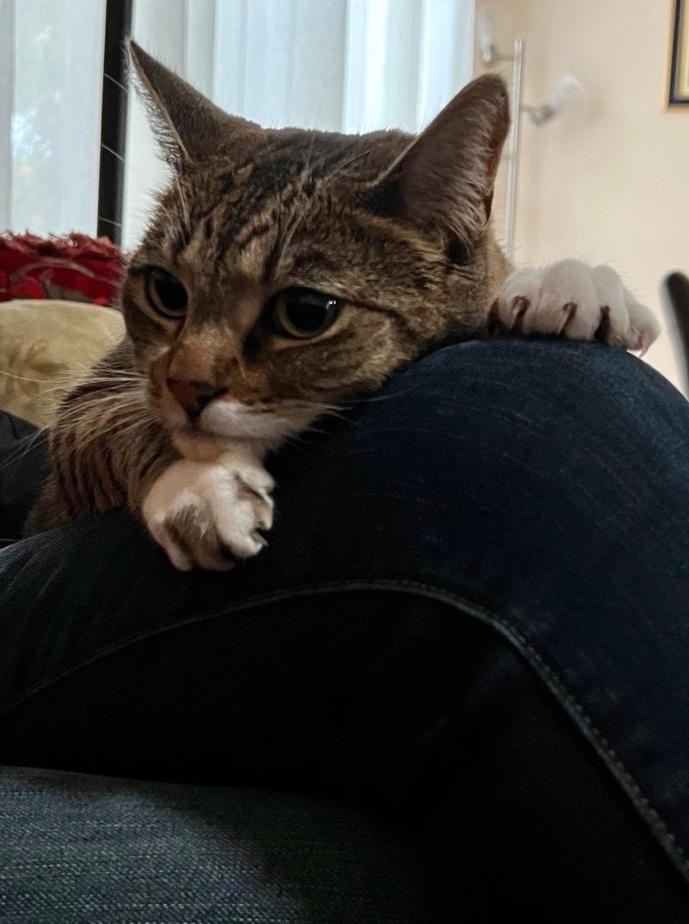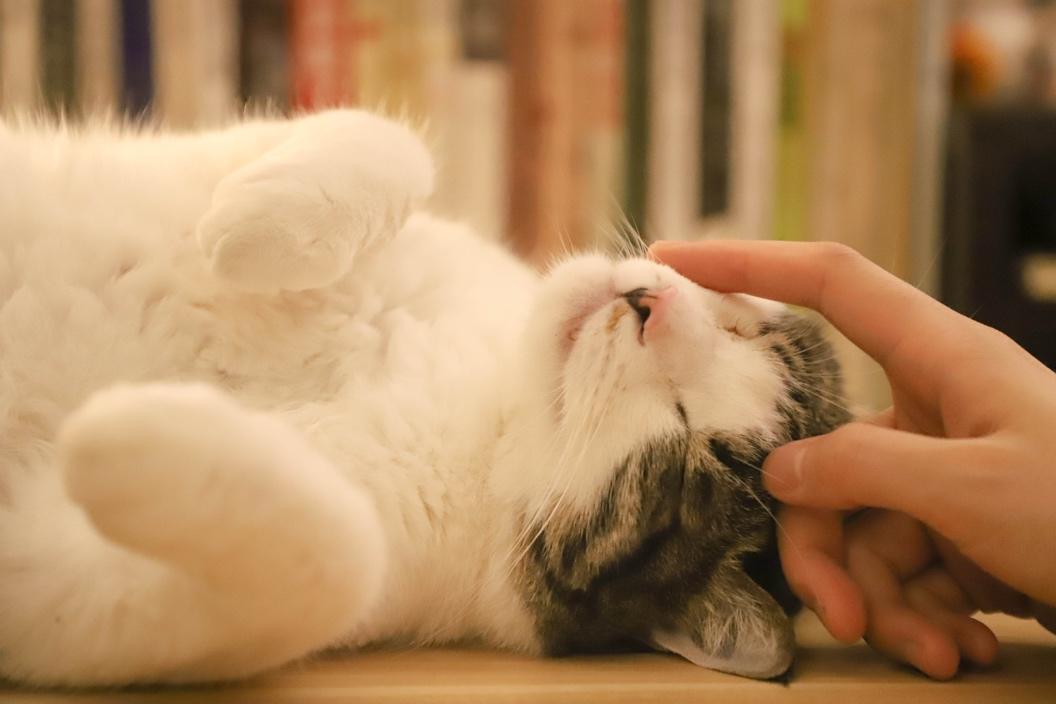Any valuable relationship in life needs to be nurtured, and the same is true for the bond we have with our feline companion. It doesn’t automatically stay strong but can be altered or damaged if we don’t invest sufficient time in it. Changing work schedules might cause anxiety in cats because it also impacts their daily routine. Lack of playtime and social interaction can make cats lethargic or depressed and may even cause them to act out. Stressful moves, travel experiences, or the introduction of a new pet, child, or partner can erode cats’ trust in you and affect their willingness to interact. Trauma—both past and present—can impact cats severely and result in long-term tactile issues, such as a reluctance to be touched and bouts of aggression when petted or brushed.
Cats are social creatures, who benefit from having constant, meaningful relationships as much as we do. They can become depressed if changes to your work schedule have reduced the time you have to interact with them (see the section on depression and lethargy). If they have gone through stressful experiences, or if they have lost a close companion (human or feline), they can experience grief, become withdrawn, or develop destructive behaviors. The same is true if you suddenly leave them alone for many hours every day. This may trigger serious, long-term separation anxiety—something your cat will require training to overcome (see the section on compulsive behaviors).


